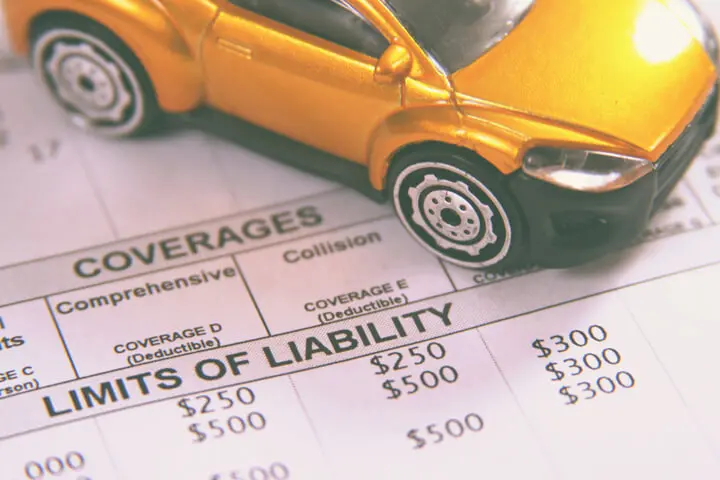When you buy a car, you might hear the term lemon laws. There are lemon laws in every state, including Texas. It is important for you to be familiar with this law when purchasing a new or used vehicle. Knowing about it could save you money if something should go wrong with your car purchase.
Table of Contents
What Is a Lemon Law Exactly?
In Texas, a lemon law protects you when you purchase a new car. Although it is rare, a brand-new car may be defective. When you purchase a new car, you expect everything to work properly. When it does not, it is not only frustrating; it can be dangerous.
Under the lemon laws, a dealership must attempt to fix the defect. They have three or four chances to get your vehicle working correctly before the lemon laws apply. If they can not get your vehicle working properly, you could be eligible for a replacement.
When Do Lemon Laws Apply?
The lemon laws in Texas only apply to new and defective vehicles. It does not matter if your vehicle is a purchase or a lease. These laws cover defects in the structure, mechanics, electronics, paint and other issues. Essentially any problem that can not be fixed within a reasonable amount of time.
If your vehicle spends 30 days or more in the shop within the first year, you could use the lemon laws to replace your vehicle. The 30 days do not have to be consecutive. It can be on several occasions.
Do Dealers Need To Notify You About the Laws?
Yes, simply pointing out the lemon laws in the owner’s manual of your vehicle is not enough. A dealer must provide one of the approved notices to the buyer to satisfy Texas state requirements. They also need to have a lemon law notice posted in a visible place inside the dealership, informing customers of the lemon law provisions and conditions.
How Do You Know You Have a Lemon?
Several criteria must be satisfied for a vehicle to be considered a lemon. These are:
- The vehicle has a serious defect
- The defect is covered under the vehicle’s regular warranty
- It is within the warranty period
- You give the dealership several chances to fix the problem
- The problem remains despite attempts to fix it
If these conditions exist, contact the dealership first and then contact the Department of Motor Vehicles.
What Do You Do if You Have a Lemon?
Suppose your vehicle satisfies the criteria above. You have to take steps to certify it as a lemon. First, you have to notify the dealership in writing. A certified letter is the best way to do this. Once you do this, you can file a complaint with the motor vehicle department and pay the fee.
They will most likely ask you for repair documentation and begin to investigate. Once the investigation is complete and your car is a lemon, you can return to the dealership. They should be able to remedy the situation by either replacing your vehicle or refunding your money.
Are There Other Remedies?
Other remedies are available even if you do not qualify for a lemon law return. You can try contacting the manufacturer and speaking to them about a replacement. You could also try contacting an independent repair company with experience with your car or issue.
No matter what you choose to do, remember that the lemon laws are there to protect you from defective vehicles. Your first step is to contact the dealer you purchased the car from and explain the issues that you are having. They might remedy the issues without filing under the lemon laws.

